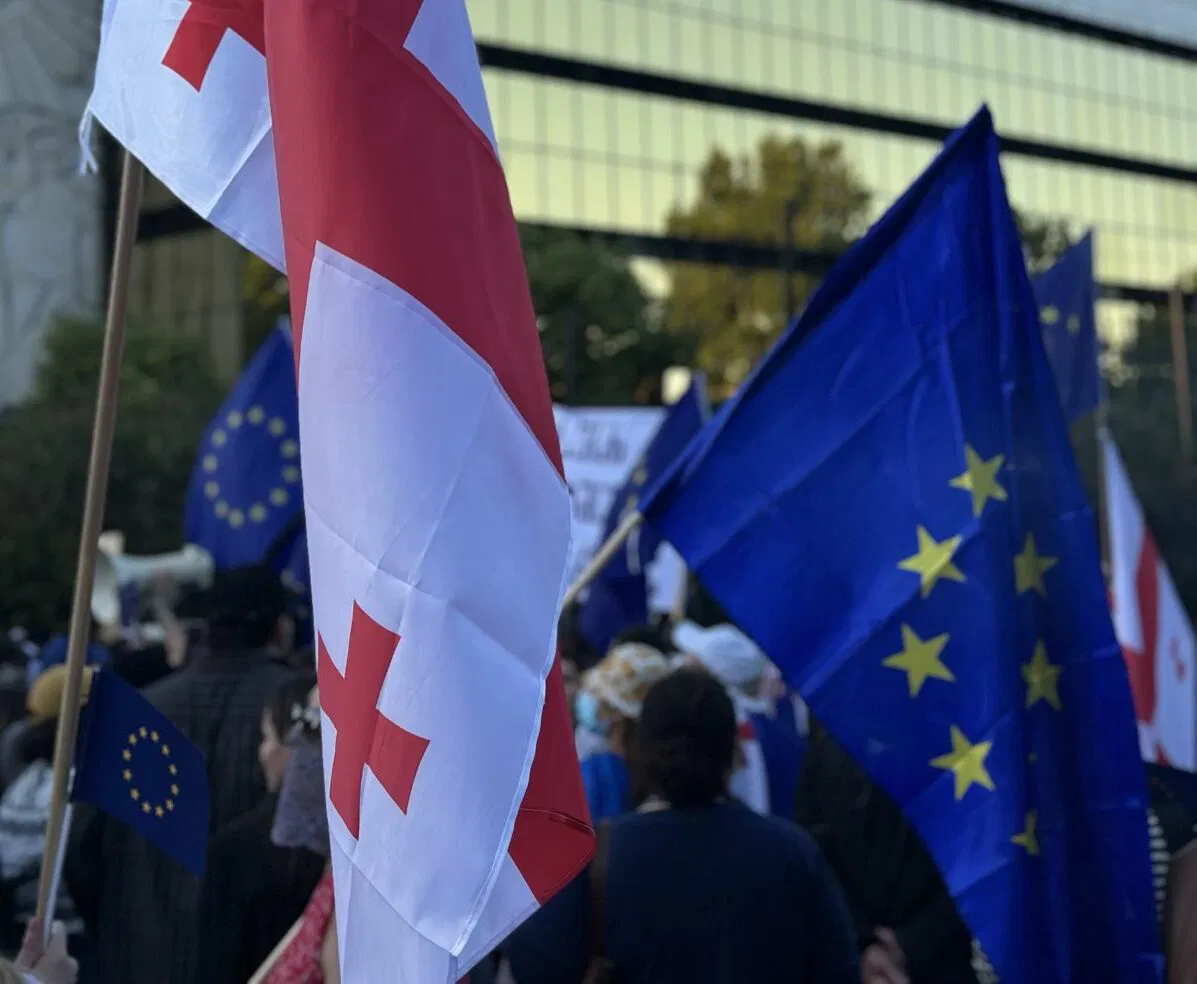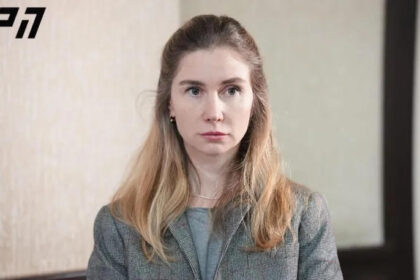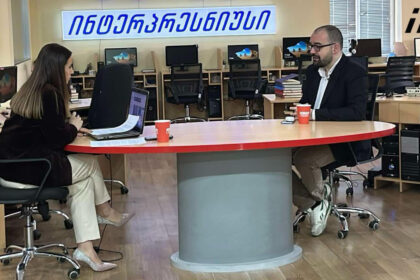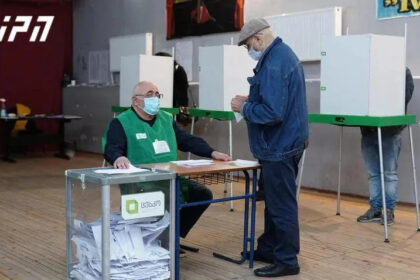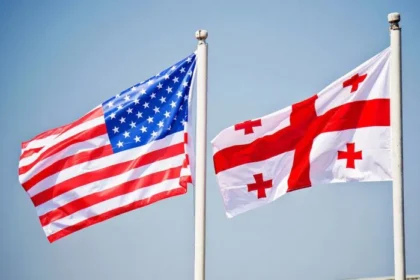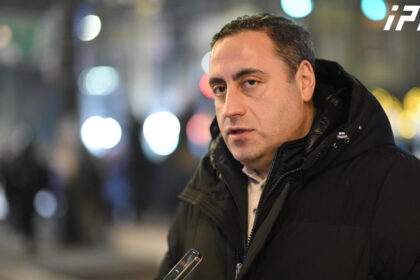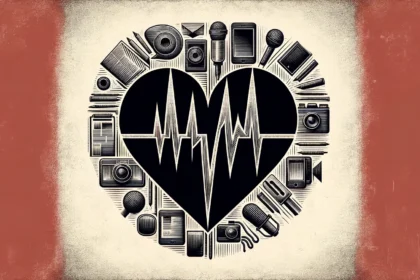**EU Diplomat Denied Entry into Georgia, Sparking International Concern**
A disturbing incident has occurred at Tbilisi International Airport, where a member of the European Union Delegation to Georgia was denied entry on May 21. The diplomat, Simon Vanderbroucke, who serves as the enlargement program officer for the EU Delegation, was turned away by border authorities. This move has sparked concern among international diplomats and observers.
According to reports, Vanderbroucke’s denial of entry is a clear contravention of the Vienna Convention on Diplomatic Relations, which Georgia, as an EU candidate country, is bound to respect. The European Union Delegation in Tbilisi confirmed the incident and expressed its disappointment with the Georgian authorities’ actions. A formal note has been sent to the Ministry of Foreign Affairs (MFA) in protest.
**A Pattern of Denials**
This incident follows a disturbing trend of entry denials involving activists, journalists, human rights defenders, and politicians who have been critical of the Georgian government. However, this is the first reported case involving an EU diplomat, which raises serious concerns about the country’s treatment of international representatives.
In recent months, several high-profile cases of denied entry into Georgia have made headlines. These include a Belarusian activist, a French photojournalist, and a Czech journalist. The Georgian government has been facing increasing criticism for its actions, with many accusing it of targeting Western diplomats and journalists who are critical of its policies.
**Implications and Analysis**
The denial of entry to an EU diplomat like Simon Vanderbroucke sends a worrying signal about the state of relations between Georgia and the West. As the country continues to pursue its European integration path, incidents like these undermine trust and confidence in its ability to respect international norms and conventions.
Furthermore, this incident highlights the growing concerns about the Georgian government’s treatment of critics and dissenting voices. The targeting of Western diplomats and journalists who speak out against human rights abuses or government policies is a worrying trend that requires immediate attention from the international community.
**Conclusion**
The EU Delegation’s statement emphasizes the importance of respect for diplomatic norms and conventions, which are fundamental to maintaining good relations between countries. The Georgian government must take immediate action to address this incident and prevent similar occurrences in the future. The international community is watching closely, and any further incidents will only serve to undermine trust and confidence in Georgia’s commitment to democratic values and human rights.
Read More @ civil.ge




